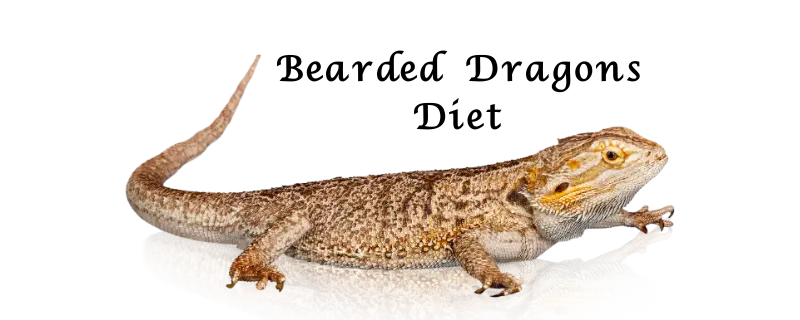Can Bearded Dragons Benefit from UV Light Exposure?
Bearded dragons are among the most popular pet reptiles, and providing them with the proper care is key to their health and happiness. One essential aspect of their care is UV light exposure. But why is UV light so important, and how does it benefit these fascinating lizards? Let’s dive into the details.
Why Do Bearded Dragons Need UV Light?
In their natural habitat, bearded dragons bask under the intense Australian sun. This sunlight provides them with both warmth and ultraviolet (UV) radiation, which plays a crucial role in their overall health. In captivity, replicating this natural exposure is vital for their well-being.
1. Vitamin D3 Synthesis
Bearded dragons rely on UVB light to synthesize Vitamin D3 in their skin. Vitamin D3 helps them absorb calcium from their diet, which is crucial for:
- Maintaining strong bones.
- Preventing metabolic bone disease (MBD), a common and debilitating condition in reptiles.
2. Boosting Appetite and Energy
Exposure to UV light encourages a healthy appetite and promotes natural behaviors like basking and exploring. It also supports their immune system, helping them ward off illness.
3. Reproductive Health
UV light exposure is essential for female bearded dragons, especially during breeding and egg-laying periods. Proper UV exposure ensures the health of both the mother and her eggs.
How to Provide UV Light for Your Bearded Dragon
1. Use a High-Quality UVB Bulb
Choose a bulb specifically designed for reptiles, such as a T5 or T8 fluorescent tube. Look for options labeled 10.0 or 12.0 UVB, as these mimic the sun’s intensity in their natural habitat.
2. Place the Light Correctly
Position the UVB bulb 8–12 inches above your dragon’s basking spot. Ensure there’s no glass or plastic barrier, as these can block UV rays.
3. Maintain a Regular Light Schedule
Provide 10–12 hours of UV light daily to mimic a natural day-night cycle.
4. Replace Bulbs Regularly
UVB bulbs lose their effectiveness over time, even if they still emit visible light. Replace them every 6–12 months based on the manufacturer’s recommendations.
FAQs About UV Light and Bearded Dragons
1. Can bearded dragons survive without UV light?
No, they cannot thrive without UV light. Lack of UVB exposure can lead to severe health issues like metabolic bone disease, poor appetite, and lethargy.
2. Do bearded dragons need UVA light too?
Yes! While UVB is essential for Vitamin D3 production, UVA light promotes natural behaviors and overall well-being. Most reptile bulbs provide both UVA and UVB.
3. Can I use sunlight instead of artificial UV light?
Natural sunlight is excellent for bearded dragons, but it must be direct, unfiltered sunlight (not through windows or glass). If outdoor sunlight isn’t an option, a UVB bulb is necessary.
4. How can I tell if my UV bulb is working?
Use a UV meter to measure the UV output or observe your dragon’s behavior. Healthy dragons are active, have good appetites, and display vibrant colors under proper UV lighting.
5. Are there risks to too much UV light?
Excessive UV exposure can cause eye damage and skin burns. Ensure your setup allows your dragon to move between shaded and well-lit areas.
Conclusion
UV light exposure is a non-negotiable part of caring for a bearded dragon. It supports their skeletal health, energy levels, and overall well-being. Investing in the right UVB bulb and maintaining a proper lighting setup will ensure your pet thrives in captivity.
By understanding their natural needs and providing the best possible environment, you’re giving your bearded dragon the chance to live a long, healthy, and happy life.
